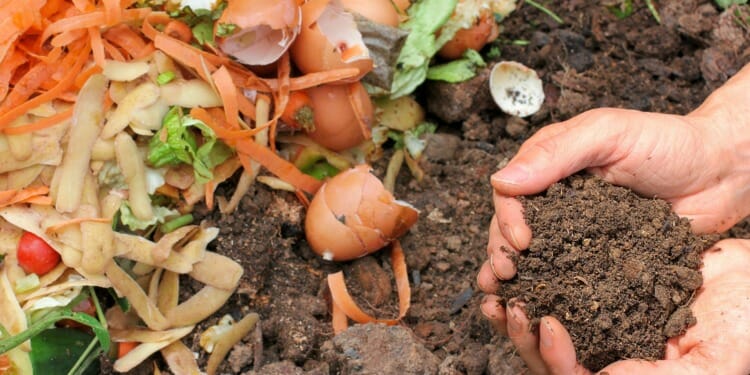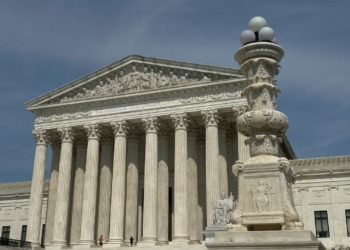This new law Senate Bill 1383 requires residences and businesses to separate organic waste and food scraps from other trash and put the food waste in the same bin as the yard waste and other organic materials. It also requires big food providers like grocery stores to divert at least 20% of the consumable food they would ordinarily throw out, often due to the sell-by dates on labels, to food banks. This organic waste will be taken to recycling facilities that will convert the waste into useable materials like compost, mulch, and natural gasses.
A similar law has already been in place in San Francisco, CA, and has already kept 2.5 million tons of food waste out of landfills. The goal of this law is to reduce “methane by 40%, hydrofluorocarbon gases by 40%, and anthropogenic black carbon by 50% below 2013 levels by 2030, as specified.”
And a raft of similar laws has long been in place in several countries in Europe requiring citizens to separate household waste in separate bins: one each for plastics, food waste, glass and metal, paper and carton. The bins, once full, are placed outside the home and regularly picked up by the municipal authorities, and brought to appropriate places to be either disposed of or recycled. As of July 2020, new EU laws put some order in waste collection across the continent as each country was going its own way, obliging governments, where needed, to improve the way household waste is sorted and collected for recycling and issuing guidance for the purpose.
The European countries with the highest average recycling rate include (in descending order):
|
65.5% | |
|
57.6% | |
|
53.9% | |
|
52.1% | |
|
51.8% |
Countries across Europe have committed to meeting the UN Sustainable Development Goal 12 by halving their food waste by 2030. This means donating food to food banks and teaching children about food waste and encouraging behavioral change.
The video below describes the goals of the California bill, such as a 75% reduction in organic waste by 2025, and how those goals are expected to be achieved.
Why is food waste an issue?
When food waste degrades in landfills it mixes with the other waste and can release methane gas into the atmosphere. Separating food waste will reduce the amount of methane produced, and will allow for food waste to be recycled. Food waste makes up 18% of all the material that goes into landfills.
Some cities will accept more food scraps like meat products, whereas others will only require waste from fruits and vegetables, and items made from plants such as coffee filters and paper towels.
Where will the waste go?
Food waste will be composted in residences, community centers, or transported and processed at large facilities like Blossom Valley Organics, which is operated by Recology. At this facility, organic waste is turned into compost or mulch and is to be resold to farmers.
This compost, when used in combination with cover crops like mustard, will actually pull some gasses that cause climate change out of the air. The deep roots act as carbon sinks and store these gasses underground, taking them out of the atmosphere.
There will be a variety of options for organic waste that are not as industrial as Blossom Valley Organics. Residents and businesses can subscribe to smaller local organizations that pick up organic waste and turn it into compost. This reduces the amount of fuel that is used in transport and allows businesses and residents to support local businesses.
What does this mean for the future?
This bill has the potential to make compost more accessible and cheaper in California, which would allow people to use compost made from their community’s recycled organic waste. For farmers buying compost in bulk, more compost can mean lower prices. Incentivizing farmers to use organic compost as opposed to chemical fertilizer will also reduce the chemicals put into the soil and the fuel used to transport these chemicals from other countries.
With these new laws coming into place, (including laws that require restaurants to only give out single-use items like condiment packages and plastic cutlery upon request) this bill has the potential to set an example for other states in the United States to make their waste management systems more sustainable. This is a welcome move, bringing America closer to Europe in the race to create a recycled economy – an essential step to fight climate change and preserve the environment.
Editor’s Note: The opinions expressed here by Impakter.com columnists and contributors are their own, not those of Impakter.com. — In the Featured Photo: Handful of Compost Surrounded by Organic Waste Featured Photo Credit: melGreenFR via Pixabay









